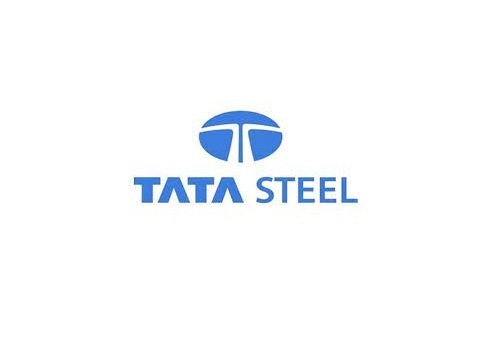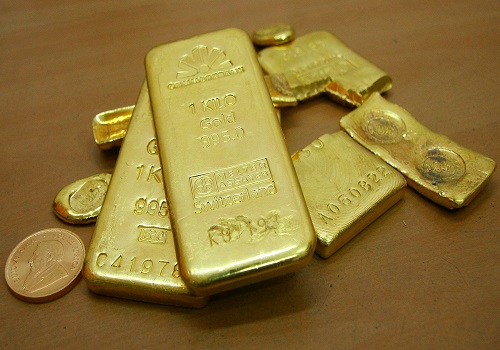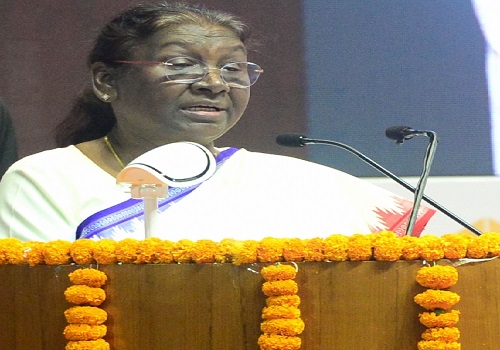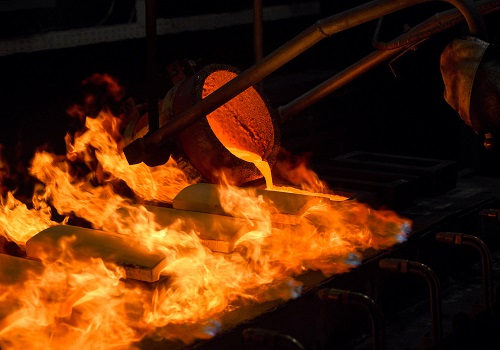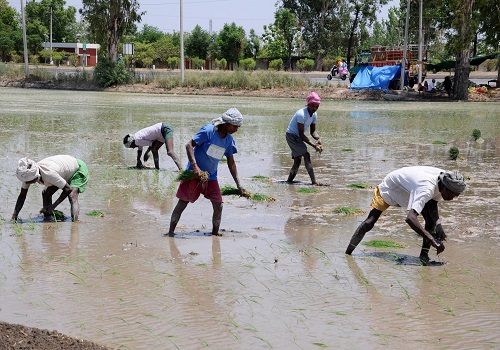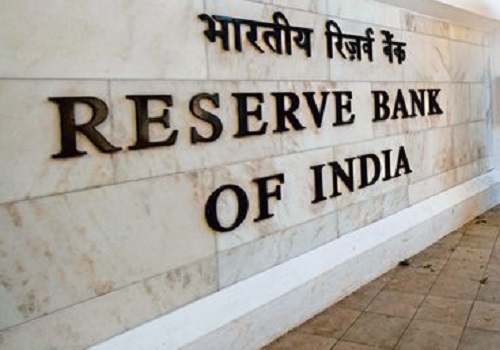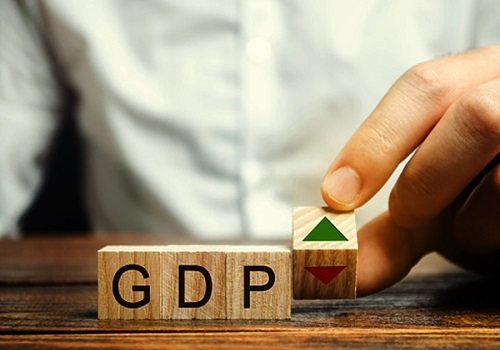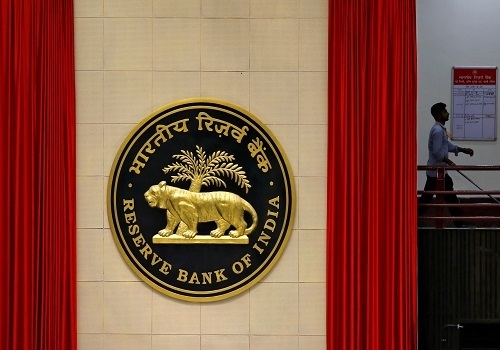Initiatives taken by Government to curb price rise will be felt more significantly in coming months: Finance Ministry

Follow us Now on Telegram ! Get daily 10 - 12 important updates on Business, Finance and Investment. Join our Telegram Channel
The Finance Ministry has attributed the rise in inflation to base effect and increase in food and fuel prices, and stressed that initiatives taken by the government to curb price rise will be felt more significantly in the coming months. According to the data, the retail inflation inched up to 7 per cent in August from 6.71 per cent in July. The core inflation, which is calculated by excluding the transient components of CPI --'food and beverages' and 'fuel and light' at 5.9 per cent remained below the tolerance limit of 6 per cent for the fourth consecutive month. This is the second instance since RBI adopted the inflation targeting approach that the retail inflation has breached the upper tolerance limit of 6 per cent for eight consecutive months - the earlier instance was from April 2020 to November 2020.
However, the ministry expressed optimism that export curb imposed by the government on atta, rice, maida, etc will moderate prices of these items. It said government has prohibited exports of food products like wheat flour/atta, rice, maida, etc to keep domestic supplies steady and curb rise in prices. It also stated that the impact of these measures is expected to be felt more significantly in the coming weeks and months. Similar measures taken in the past have resulted in price moderation of commodities like edible oil and pulses.
To soften the prices of edible oils and pulses, it said tariffs on imported items have been rationalized periodically and stock limits on edible oils have been kept, to avoid hoarding. Inflation in oils and fats & pulses and products have moderated to 5.62% and 2.52% respectively. Referring to sobering prices of iron ore and steel, it said this coupled with the measures taken by the government to rationalize tariff structures of inputs to augment domestic supply has helped to keep cost push inflation in consumer items under control. It pointed out that despite erratic monsoons and negative seasonality in vegetable prices, food inflation in July still lower than the April peak of the current year. With global inflation pressures, inflationary expectations remain anchored in India with stable core inflation.




